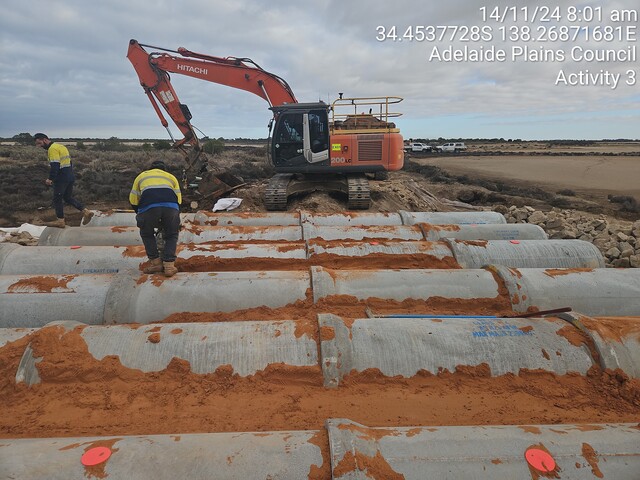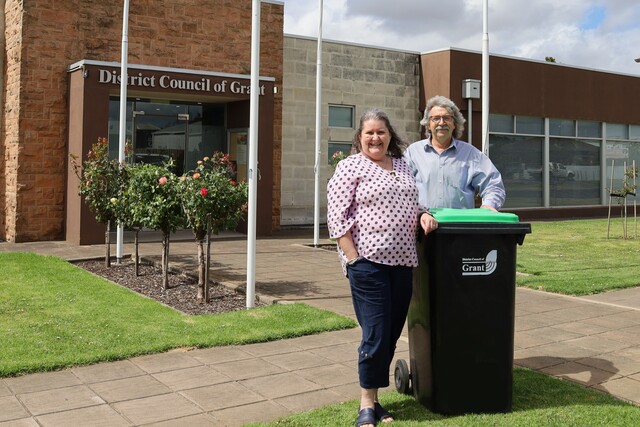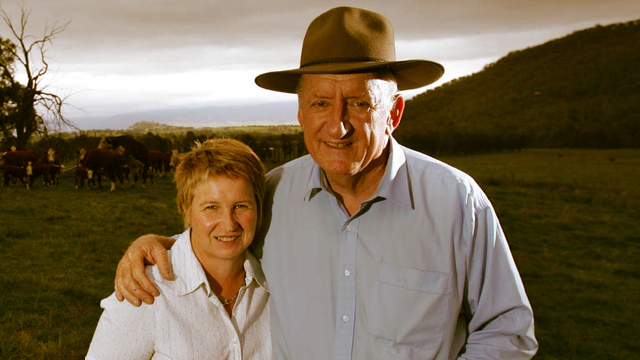By Chris Champion *
The Institute of Public Works Engineering Australia (IPWEA) has made a submission supporting the call for increased public investment in community infrastructure.This submission was in response to an invitation to comment on a discussion paper prepared by the Institution of Engineers Australia (IEAust) titled ‘Public Investment in Infrastructure: Justified and Effective’.
Phil Gee, President of the IPWEA Tasmania Division, played an important role in developing the submission. He said that the issue has arisen out of a recent trend towards delivery of infrastructure projects by the private sector with a decreasing emphasis on public sector investment in infrastructure.
The IPWEA has put the view that the market will not effectively meet all of society’s needs. Much of our national infrastructure is in local community assets that will not attract private sector investment. There is a need to correct market imbalances to provide for equitable and socially responsible distribution of infrastructure.
With a national membership of some 2,000 members, IPWEA has a strong interest in infrastructure, particularly public infrastructure owned by State and Local Government.
The importance of maintaining infrastructure
Public investment on maintaining infrastructure is well below the level required. This means that the poor condition of our ageing networks will decline even further. To let assets deteriorate to the level that they need to be ‘rebuilt’ is an extremely expensive proposition.
To support our economy and quality of life there is a need to carefully manage infrastructure assets, whether they are privately or publicly funded, so that they can continue to provide an ongoing level of service. This includes careful strategic planning for the development of new infrastructure. However, it is essential to also recognise the importance of effective and efficient funding of ongoing maintenance and refurbishment of existing infrastructure.
In last year’s NSW Public Inquiry into Local Government boundaries of several inner Sydney Councils, the Commissioner Professor Kevin Sproats commented that, “The most significant challenge to the viability of Councils in the future relates to the cost of infrastructure …and bringing assets up to satisfactory levels,” Most of Australia’s infrastructure was built after WWII in the 1950s and 60s. But now the nation’s assets are ageing with many reaching the end of their economic life. With a slowed economy, there is a need to plan how to afford renewal of these networks. Studies have shown that, in many areas, only half is being spent of what will be required in future years.
IPWEA’s submission identified the following key reasons for supporting increased public investment in infrastructure.
- The declining state of existing infrastructure as evidenced by the 2001 Australian Infrastructure Report Card. Private investment is more attuned to new projects rather than maintaining existing infrastructure.
- Much of the national investment in infrastructure is in local community assets that will not attract private sector investment. Markets have limits, they cannot fill all needs.
- Private funds may not be readily available for local infrastructure identified as strategic for the broader community, economy or cultural development.
- Private investors generally look for shorter term returns than long term infrastructure can provide.
- Difficulties associated with revenue collection for the provision of some infrastructure, particularly at a local level, or for the provision of cultural infrastructure such as parks or the maintenance of waterways.
- The need to correct social, environmental or economic imbalances in the market place.
The IPWEA supports innovation in the delivery and maintenance of infrastructure, including private investment and delivery mechanisms. It acknowledges that there can be community benefits from appropriate private investment in infrastructure. However, strong concern is expressed regarding the declining level of public monies being invested in infrastructure and the long term impact on our wider community and its infrastructure assets.
IPWEA congratulates the IEAust for preparing the discussion paper and encourages the Institution to take this matter forward to government.
For further information, contact Chris Champion on (02) 9267 5236 or email cchampion@ipwea.org.au
* Chris Champion is National Chief Executive Officer of the Institute of Public Engineering Works Australia







